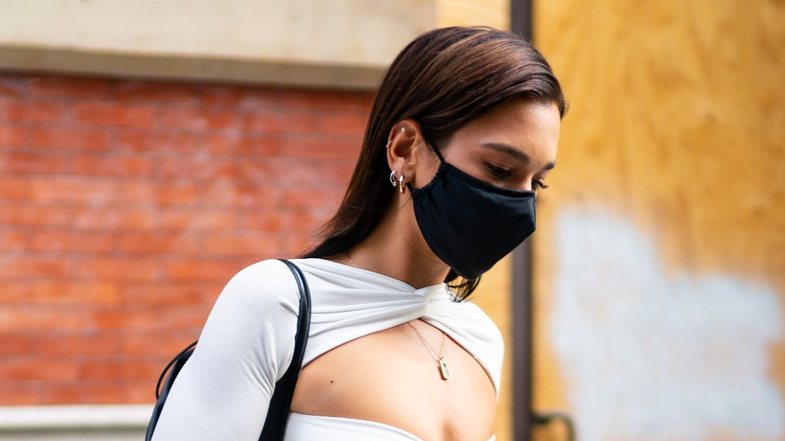
Masks are designed to prevent the spread of infections within hospital settings and also work in public settings. Whether it is a regular surgical mask, a sophisticated nanoparticle mask or a simple scarf, the face mask can block particles that circulate in the air from entering the body. On the other hand, the mask can also protect you even if you get infected while wearing it.
University of California infectious disease expert Monica Gandhi wrote an article in The Conversation a few weeks ago, explaining that face masks can block most of the virus by lowering the viral load, which will save you from a severe Covid-19 infection.
As the virus enters the human body, the immune system is alerted that a pathogen has penetrated and begins to provide protection. The lower the initial viral load, called a viral inoculum or dose, the higher the chances of the immune system fighting it. The higher the dose of infection, the harder it is for the immune system to cope with the infection.
As a result, Covid-19 may be with more severe symptoms for those people who inhale a higher viral load compared to those who wear masks.
This is not just a theory, as Gandhi's detailed article cites various examples proving the importance of the initial viral dose. Laboratory experiments have shown that surgical face masks can prevent the entry of 80% of viral particles into the mouth and nose. The researchers performed experiments with a hamster and found that animals that were given air through masks were less likely to become infected. Even when they became infected, they had milder symptoms.
Gandhi and her colleagues published a paper in late July in the Journal of General Internal Medicine, arguing that exposure to Covid-19 through face masks could lead to waves of asymptomatic disease, increase herd immunity, and eventually slow the spread. of the disease.
Source: BGR





